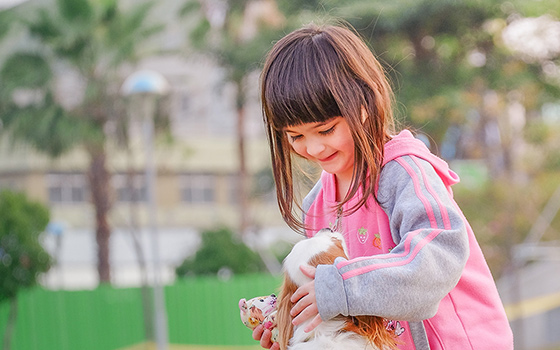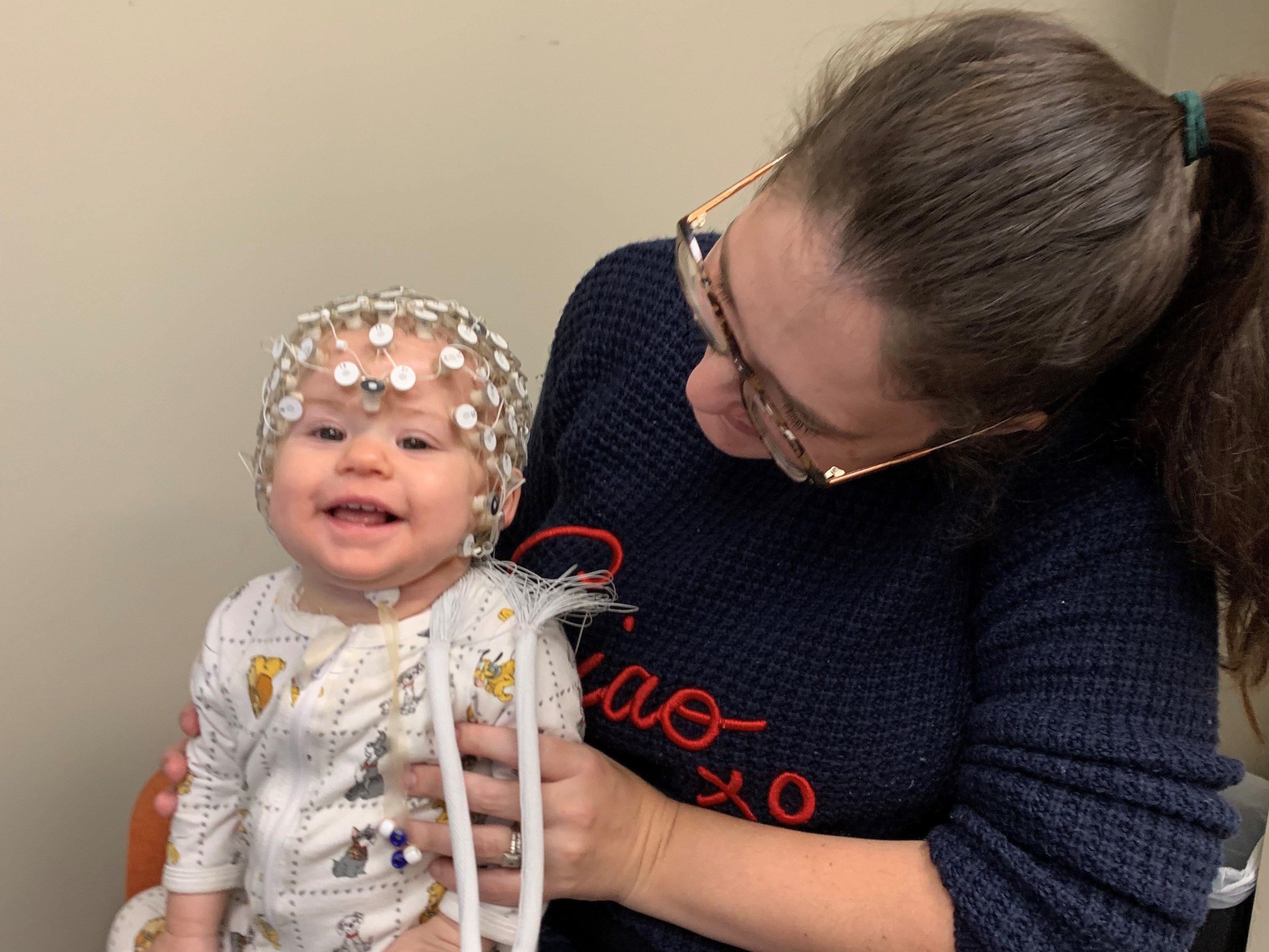Search

Our Child Physical Activity, Health and Development team focuses on improving children’s physical activity levels, health and development. We work to uncover the best environments, policies and programs to facilitate physically active lifestyles for lifelong health and wellbeing.

News & Events
WATCH: Working Together after the referendumProfessor Helen Milroy, Michael Mitchell, and Professors Roz Walker and Pat Dudgeon sat on the panel to discuss Working Together, 10 years on.
The Kids Research Institute Australia's annual report highlights the accomplishments of our researchers, furthering our mission to secure a happier, healthier future for kids everywhere.
Research
Dimensions of the diet-exercise relationship in later life: A qualitative studyDiet and physical activity are two lifestyle behaviours that are critical for healthy ageing. The aim of this study was to explore how older adults negotiate dietary and physical activity decisions to identify areas of intersection between these two behaviours and inform health promotion interventions targeting both diet and exercise.
Research
Exploring Sugary Drink Consumption and Perceptions among Primary-School-Aged Children and Parents in AustraliaSugar-sweetened beverages (SSBs) account for a significant proportion of sugar in the diet of children and are directly associated with obesity in this group. While there have been many studies on adolescent SSB consumption, few studies have examined the predictors of SSB consumption in primary-school-aged children. The aim of this study was to understand the degree to which a child's consumption across a range of beverages is influenced by their own attitudes and by their parents' attitudes and parents' consumption behaviours.

News & Events
New research to tackle rising food allergies in kidsnew research at The Kids Research Institute Australia will look at the diets of mums to see if regularly eating more eggs or peanuts during pregnancy and while breastfeeding
This prestigious position, named in honour of Mr Kerry M Stokes AC and the enormous contribution he has made to child health research in Western
Research
Parent and Child Choice of Sugary Drinks Under Four Labelling ConditionsThe majority of Australian children exceed the World Health Organization's recommended dietary intake of free sugar, particularly through the consumption of sugar-sweetened beverages. Front-of-pack nutrition labels increase perceived risk and deter the consumption of sugar-sweetened beverages.

Brain and behaviour research encompasses a child's learning, development and mental health - and the impact and development of conditions like cerebral palsy, autism and intellectual disability.

News & Events
Virtually More ConvenientORIGINS is now offering telehealth appointments for the paediatric assessment at the one- and three-year timepoints
